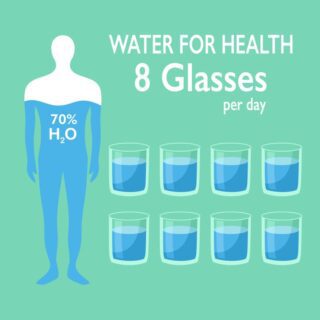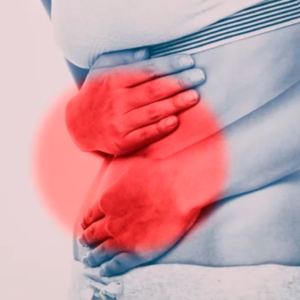I was bit by a tick/spider, now what?

Insect bites can be a scary situation when you don’t recognize the insect or when you didn’t see what bit you at all. Most spider and tick bites are harmless, but if you live or work around them, it is a good idea to be educated on the signs and symptoms as well as first aid techniques.
The most known spiders to cause harm are brown recluse and black widow spiders, both commonly found in the southern half of the United States (Mayo Clinic).
To take care of a spider bite:
- Clean the wound with mild soap and water. Then apply an antibiotic ointment three times a day to help prevent infection.
- Apply a cool compress over the bite for 15 minutes each hour. Use a clean cloth dampened with water or filled with ice. This helps reduce pain and swelling.
- If possible, elevate the affected area.
- Take an over-the-counter pain reliever as needed.
- If the wound is itchy, an antihistamine, such as diphenhydramine (Benadryl) or certirizine (Zyrtec) might help
Some ticks can transmit bacteria that cause illnesses, including Lyme disease and Rocky Mountain spotted fever. In general, to transmit Lyme disease a tick needs to be attached to a person’s skin for at least 36 hours. Other infections can be transferred in a few hours or even a few minutes (Mayo Clinic).
To take care of a tick bite:
- Remove the tick promptly and carefully. Use fine-tipped forceps or tweezers to grasp the tick as close to the skin as possible and gently pull out the tick. Avoid twisting or squeezing the tick. Do not use petroleum jelly, fingernail polish or a hot match to remove a tick.
- Secure the tick and take a picture to help your medical provider identify the tick. You can trap the tick in a piece of tape.
- Wash your hands and the bite site using warm water and soap, rubbing alcohol, or an iodine scrub.
Seek medical care immediately if:
- You were bitten by a black widow, brown recluse, or deer tick, or unsure whether it was a dangerous species
- You have severe pain, abdominal cramping, or a growing wound with red streaks
- You’re having problems breathing, swallowing, muscle stiffness, or heart palpitations.

This article reviewed by Dr. Jim Liu, MD and Ms. Deb Dooley, APRN.
There’s nothing more important than our good health – that’s our principal capital asset.
#medical #telehealth #umedoc










